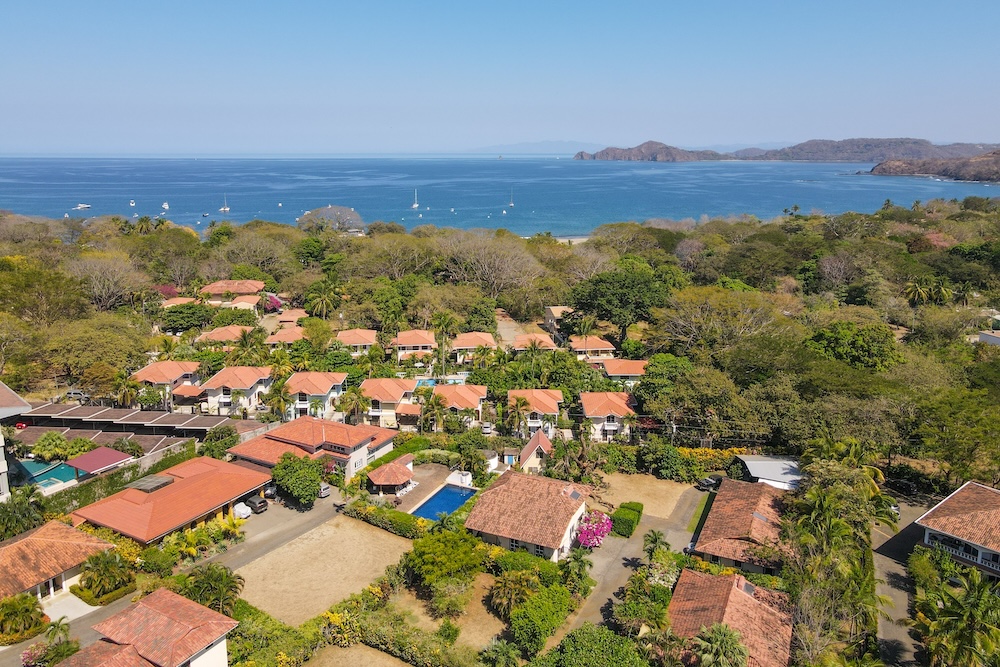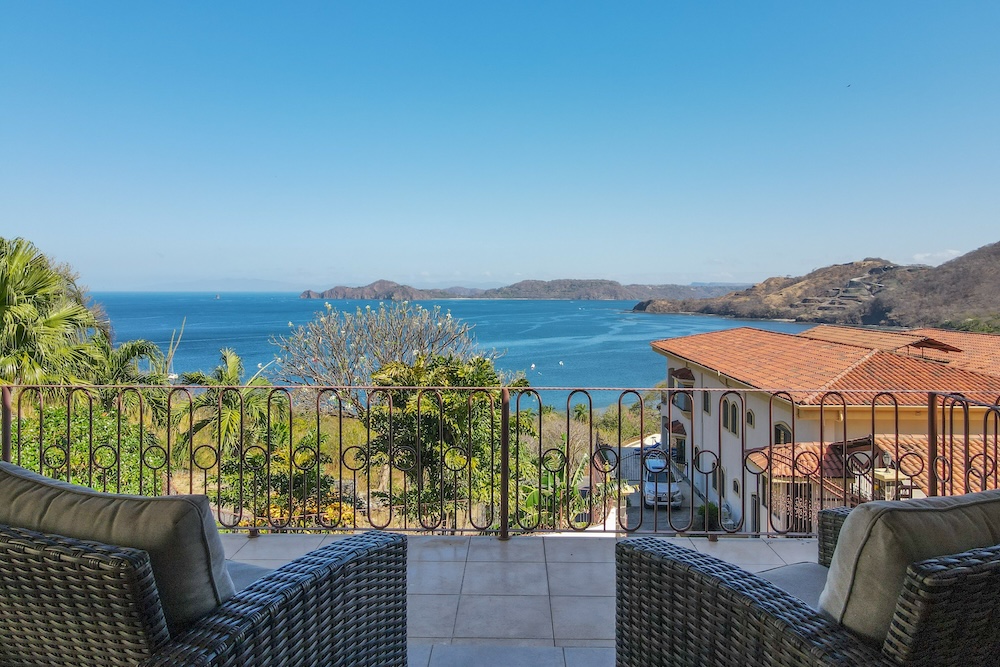Many foreigners are drawn to the natural beauty, warm climate, and laid-back lifestyle that this stunning country offers. But one question that often comes up is whether foreigners can own property in Costa Rica. Well, the good news is, yes, they can!
Costa Rica is known for its welcoming attitude towards foreigners, and its property laws reflect that. Whether you're looking for a vacation home, an investment property, or a place to retire, owning real estate in Costa Rica is within your reach.
One of the key reasons why owning property in Costa Rica is so accessible to foreigners is the country's laws regarding property ownership. Unlike some countries where restrictions may apply, Costa Rica has almost no restrictions on foreigners owning property here. Whether you're a resident or a non-resident, you can own property outright in your own name.
Why Consult an Expert?
When it comes to buying real estate in Costa Rica, having a knowledgeable broker by your side can make all the difference. As a seasoned broker here in Playa Hermosa, I've seen firsthand how crucial it is for buyers to have expert guidance throughout the purchasing process.
Costa Rica's real estate market is unique, with its own set of regulations, customs, and challenges. Without the right guidance, buyers can easily get overwhelmed and make costly mistakes. That's where a knowledgeable broker comes in.
One of the key benefits of working with a broker is their expertise in the local market. They have in-depth knowledge of the different neighborhoods, property values, and market trends. This insider knowledge can help buyers make informed decisions and find the perfect property that meets their needs and budget.
Additionally, a broker can help buyers with negotiations. They can leverage their experience and market knowledge to negotiate the best possible price for the property. This can save buyers thousands of dollars in the long run.
Another important role of a broker is to provide access to a network of professionals. From lawyers to inspectors to contractors, a broker can connect buyers with trusted professionals who can help with every aspect of the buying process.
A broker can also provide you with finding the proper legal team for legal advice. In Costa Rica, real estate transactions can be complex, especially for foreigners. A broker can help explain the legal intricacies, ensuring that the transaction is conducted properly and all legal requirements are met. This is especially true when you are not familiar with the process and terminology involved in transacting business in a foreign land.
Due Diligence is Key
A title or deed is called an "escritura" in Costa Rica. The first thing you are going to want to find out about a property is if the title is properly registered and free of liens, encumbrances and annotations. This is extremely important because it is common in Costa Rica for properties to have been in a family for years. Often these properties were never properly registered or have had the taxes paid. To do a title search, your lawyer will take the Folio Real Number of the property and insert in the national registry System to ensure it is clean or if it has issues. They will check their records and provide you with current information about the desired property.
The process of transferring the title must be prepared by and executed before an registered licensed notary. In North America, a notary only authenticates signatures, but in Costa Rica, the role is much more expansive. To be a notary in Costa Rica, you first must be an attorney, then go to school for 2 more years and pass more exams to become a "Notario" or notary.
Closing Costs
 How much can you expect to pay in closing costs? The custom in Costa Rica is for the buyer to pay the costs. The closing costs will be about 4-5 percent of the purchase price. The seller typically pays the realtor’s commission. For a more in depth breakdown of closing costs please check out this article (Buyers closing costs in Costa Rica)
How much can you expect to pay in closing costs? The custom in Costa Rica is for the buyer to pay the costs. The closing costs will be about 4-5 percent of the purchase price. The seller typically pays the realtor’s commission. For a more in depth breakdown of closing costs please check out this article (Buyers closing costs in Costa Rica)
Beachfront Property: A Special Case
There is only one type of property that a person who has not been a legal resident of Costa Rica for 5 years cannot buy outright, and that is concession beachfront property. The first 200 meters inland from the medium high tide mark is called the Maritime Zone and can only be leased by a concession from the local municipality. This land is not titled. Concessions can be granted for 5 to 20 years, the latter being the more common.
The lease could be transferred through a legal shell corporation in which a Costa Rican citizen is the majority shareholder. Keep in mind the first 50 meters from the medium high tide mark is considered a public space and cannot be built on. There are strict requirements for building on the remaining 150 meters. For example, there are restrictions on building heights in certain areas to protect the environment and preserve the natural beauty of the country. So you will want to do all sorts of due diligence BEFORE deciding to purchase the concession.
Conclusion
There are so many beautiful properties in the Playa del Coco area just waiting for you to customize and call home. What a relief it is to know that you can own it without being a resident…although once you live here you will never want to leave!
Interested in finding a property in Costa Rica? Check out our extensive listings here:
Want to keep up with everything that is happening here in Costa Rica? Join my email list!
Need more information about Costa Rica in general? Read our FAQS about Costa Rica page.
Interested in owning a property in Costa Rica, checkout some great options here
Have a comment or a question? Feel free to EMAIL ME
Like the article? Please share!



